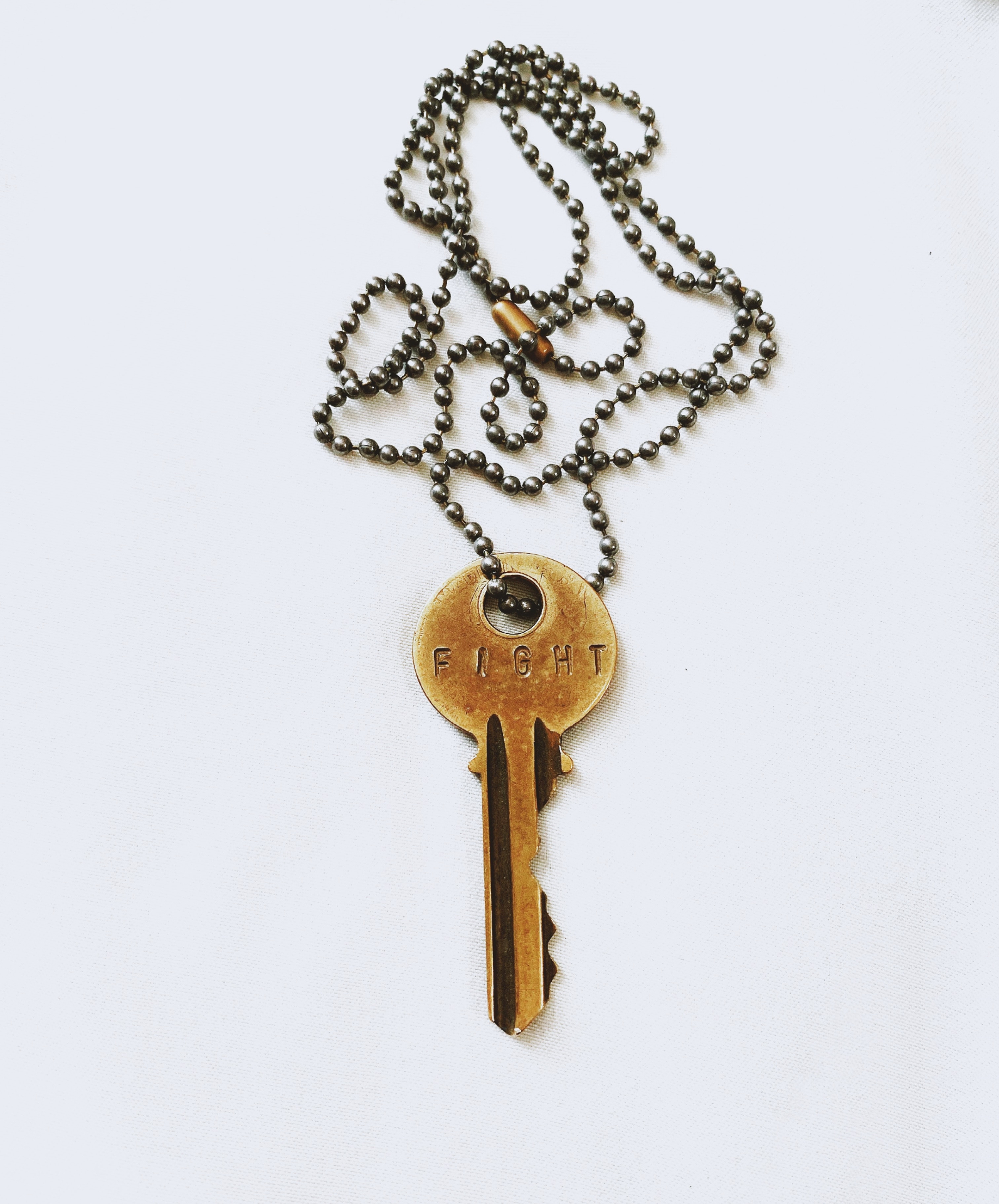The Truth Behind Self-Care

Self-care is THE buzzword these days, it seems. Social media revels in quotes and memes about “taking time for yourself” and tagging activities spanning from getting a massage, to dancing, to journaling, all with the same intent behind it: to hit pause. But what happens when you tune back in? Is self-care just a meaningless way for us to dissociate from everyday life?
As a psychotherapist, I am persistently asked by my clients: “Well what can I do? I can’t relax. I don’t have time for xyz. What’s the fastest way to get rid of [insert negative feeling]?” Everyone is looking for that instantly gratifying quick fix to the mileau of ailments they have (whether physical or emotional). Often, people take the advice of extreme biohackers and tinker with their morning routines until they finally mirror that of the influencer with 200k followers who wakes up at 5am and drinks wheat grass while meditating for 2 hours. The claim in the caption is usually a version of “This is how I changed my life around.” It’s all smoke and mirrors. Too often, we generalize what we see in a snippet of 30 seconds to how a person lives their lives. We see their success as a blueprint for how we “should” practice self-care, leaving very little room for our own ability to create a healthy, meaningful life.
The truth is, self-care is not ONLY taking pause. It’s not only treating yourself to a manicure, or kicking your feet up on a beach, or meditating. While those activities are surely essential (we’re not robots after all), they are only part of a greater whole when it comes to actual self-care.
So what’s the true definition of self-care?
My true definition of self-care is creating shifts in your mindset and putting them into practice. Self-care is heavily reliant on doing the work, and having the discipline to continuously maintain a healthy mindset. Staying focused and putting the work into yourself is the only form of self-care with a high return. Without the effort of working on yourself, “self-care activities” become bandages for pain points you may be avoiding. In short, self-care is consistent practice.
Now, I will not disagree that it is difficult to start undoing years, sometimes decades, of lacking self-care. But change is always possible. I have personally witnessed so many of my clients grow through their challenges by peeling away their layers and noticing where their values are misaligned with their actions. They learn to navigate the darkness of their perfectionistic thoughts and replace their inner voice with one that is more loving and self-compassionate. They create their own definition of “self-care” and celebrate their efforts along the way. I believe this is what propels them towards being fulfilled in their lives.
So next time you see your find yourself scrapping for quick fixes, start by asking yourself this question: “What would it take for me to feel fulfilled outside of these activities?”
Where should we begin? Call/text for a free consultation 917-524-7663.
